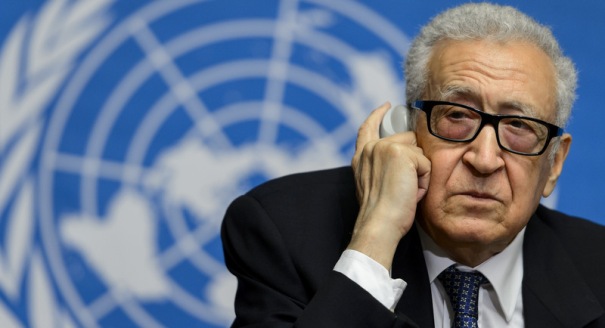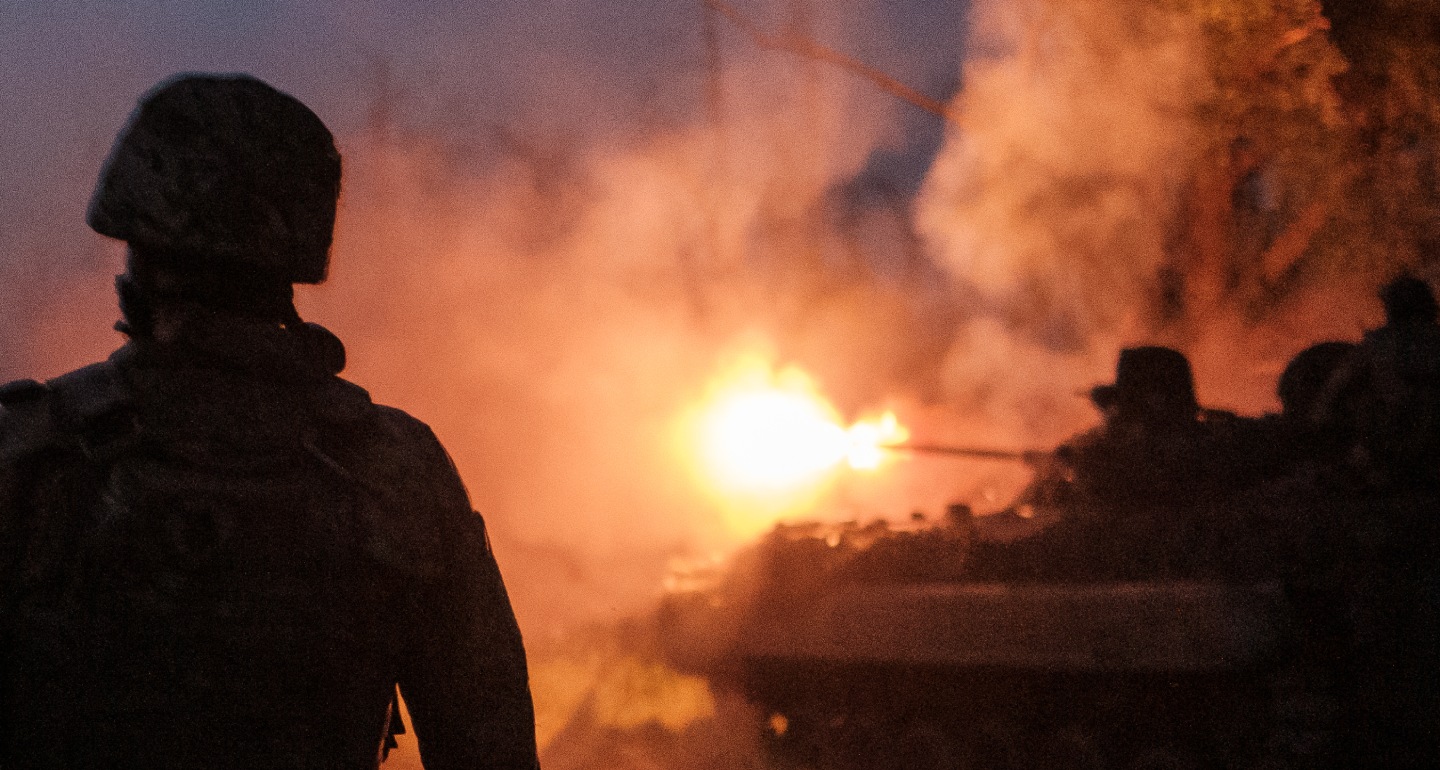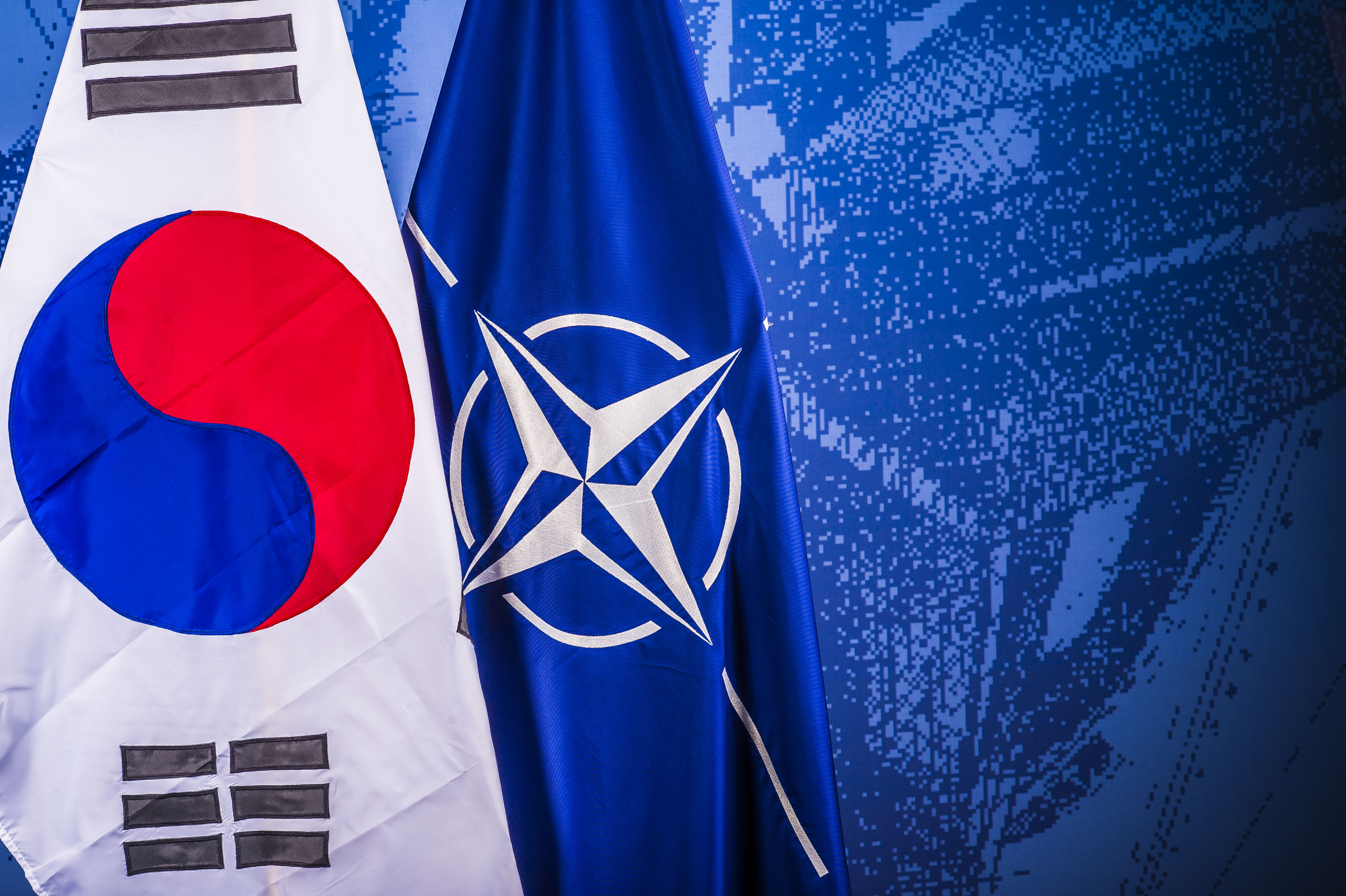The recent visit to Moscow of the Syrian government officials and moderate opposition leaders for consultations related to Geneva II Peace Conference, set for January 22, 2014, gives some cause for optimism. After all, just six months ago, the situation in Syria seemed absolutely hopeless.
Light at the end of the tunnel was lit in May 2013 when the Russian Foreign Minister Sergey Lavrov and the U.S. Secretary of State John Kerry agreed to a peace conference on the Syrian issue.
However, the agreement between these once omnipotent powers turned out to be insufficient. A broader compromise is required to resolve the crisis, particularly between the warring sides in Syria. In addition—and perhaps most importantly—there has to be mutual understanding between half a dozen external actors, including Saudi Arabia, Qatar, Iran, Turkey, and others. One may say that the Syrian conflict reflects the global multi-polarity and in a way suggests that each of the consequent crises will be increasingly harder to resolve.
Of course, the world still somewhat resembles Zbigniew Brzezinski’s Grand Chessboard. Yet the difference now is in the fact that the pieces on this chessboard move by themselves, at their own discretion, rather than upon the will of the chess players sitting across from each other. Also, the pieces are no longer black and white—bishops, rooks, and even pawns are multicolored in an unfamiliar way. The habitual openings, gambits, and endgame combinations are all gone. (The game of the Arab Spring is as if playing itself out on its own.) Chaos, which is extremely hard if at all possible to control, reigns.
Officially, no one wants this chaos. In reality, however, every side is trying to use this troubled time to its advantage, score some points, and raise its profile and influence in the region.
The Syrian conflict is unfolding right in the epicenter of the Middle Eastern and, more broadly, global turmoil. The outcome of Geneva II negotiations may not only give a start to the peace settlement in Syria, but perhaps even more importantly, may define more clearly the correlation of forces in the region and indirectly (or maybe even directly) affect the normalization of the abnormal situation there.
Geneva II will also determine how much Washington influences the current developments, as well as the chances for Moscow’s return to the Middle East. As of today, it looks like the United States is trying to distance itself from the Middle Eastern upheavals, and it will definitely not assume the main responsibility for their consequences. It is actually understandable given the internal problems the United States is facing and the unclear prospects for American policy in Afghanistan. One can even sympathize with the White House in this situation.
On the contrary, Moscow finds itself in a state of unexpected euphoria, which has grown particularly strong after reaching an agreement on the Syrian regime’s chemical weapons that it most actively participated in. The chaos in the region coupled with the American fatigue give Russia a pretext for its return to the Middle East. However, in this case, the Kremlin will have to clearly formulate Russia’s strategic interests in this unpredictable region. Under these circumstances, the outcome of Geneva II becomes twice as important.














